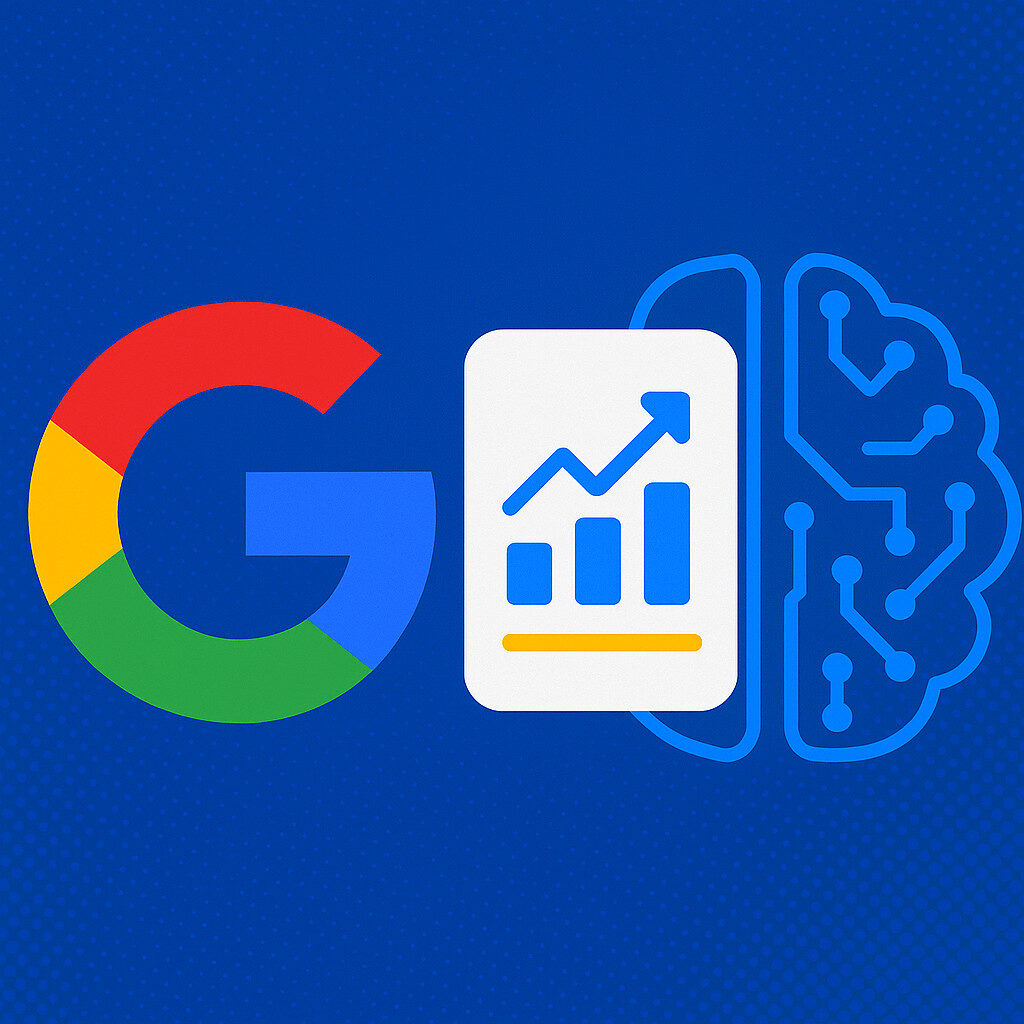he difference between PPC and CPC depends on what you’re referring to exactly. Like a lot of terms in digital marketing, they’re often used interchangeably, even though they don’t mean the same thing.
What’s the difference between PPC and CPC?
The simple answer is PPC is HOW you pay and CPC is WHAT you pay. How you pay vs. what you pay.
In other words, PPC is an advertising pricing model and CPC is the cost you pay under that model.
Pricing models
Advertising is priced under a variety of different models. TV advertising, for example, is priced on a CPM basis. CPM stands for “cost per thousand impressions.” So you might hear someone say TV ads are priced around a $30 CPM. That means you’ll pay $30 per thousand views of the ad (basically).
What is PPC?
PPC is an advertising pricing model where you pay for each click on an ad. In other words, you Pay Per Click.
What is CPC?
CPC stands for Cost Per Click and it’s the price you pay for each click on your ad under a PPC pricing model.
In Google Analytics (medium = PPC vs. CPC)
You might see both CPC and PPC in Google Analytics.
If you have Google Ads linked to your Analytics account, and you have auto-tagging enabled, Google Ads will send clicks through with the “medium” set to “CPC.”
If you’re also seeing PPC in Analytics, it’s most likely because someone is running a paid advertising campaign and they’ve manually set the medium to “CPC” using Google’s URL tracking tag format.
PPC vs CPC in economics
If you landed here looking for the PPC vs. CPC in economics, try spelling it out in Google (or click here).





